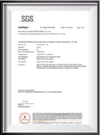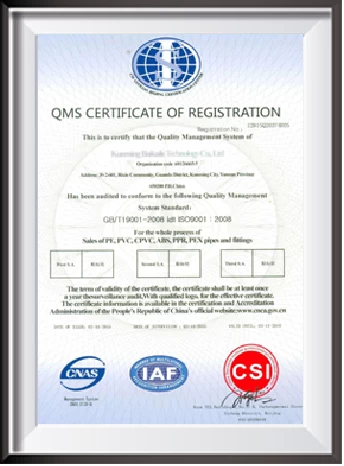Economists see 20% chance of US recession
naky
www.diecastingpartsupplier.com
2016-02-19 10:10:20
Leading global economists now see a 20 per cent chance of the US falling into recession this year, and a diminishing likelihood of the Federal Reserve raising rates as previously thought.
A Financial Times survey of 51 economists, conducted in the days after the Fed’s January meeting, underscores the impact of the past month’s severe market turbulence and a string of lacklustre economic reports out of the US and China.
The fear that the world’s largest economy — considered the lone engine of global growth — is on the verge of recession has intensified. In the FT’s December survey economists had put the odds of a US recession at 15 per cent during the next two years. Now, they see a one-in-five chance of recession in the next 12 months.
The concern about a possible global slowdown — which prompted the Bank of Japan to cut interest rates to negative territory on Friday — is likely to keep the Fed from fulfilling its forecast of lifting benchmark interest rates by 100 basis points this year, leading economists say.
The economists downgraded their expectations of the US central bank’s ability to tighten policy this year, with their median forecast coming in halfway between two and three 25 basis point rate rises in 2016. Half of those surveyed said the Fed would lift two or fewer times.
Until recently, few economists entertained the notion that the US could tip into recession. The robust labour market, alongside a briskly expanding service sector was thought likely to offset declines in the country’s manufacturing sector, which has struggled with the strengthening dollar.
A slowdown in China has renewed fears that the US economy is vulnerable, with investors pointing to dislocations in credit markets and a spate of expected defaults in the energy sector. Lists compiled by Standard & Poor’s and Moody’s of companies most in danger of default have swelled.
Global stock markets have slid 6 per cent this year, including a 5 per cent drop in the US, while worldwide high-yield credit has declined almost 2 per cent. Strategists with Citigroup note that a “stunning” 31 per cent of S&P 500 companies have fallen more than 30 per cent from their 52-week highs.
Investors have pointed to sputtering capital markets as a sign that the credit cycle has turned. Large investment-grade groups have had to pay up to issue debt, while the door has been completely shut to low-rated energy companies.



















